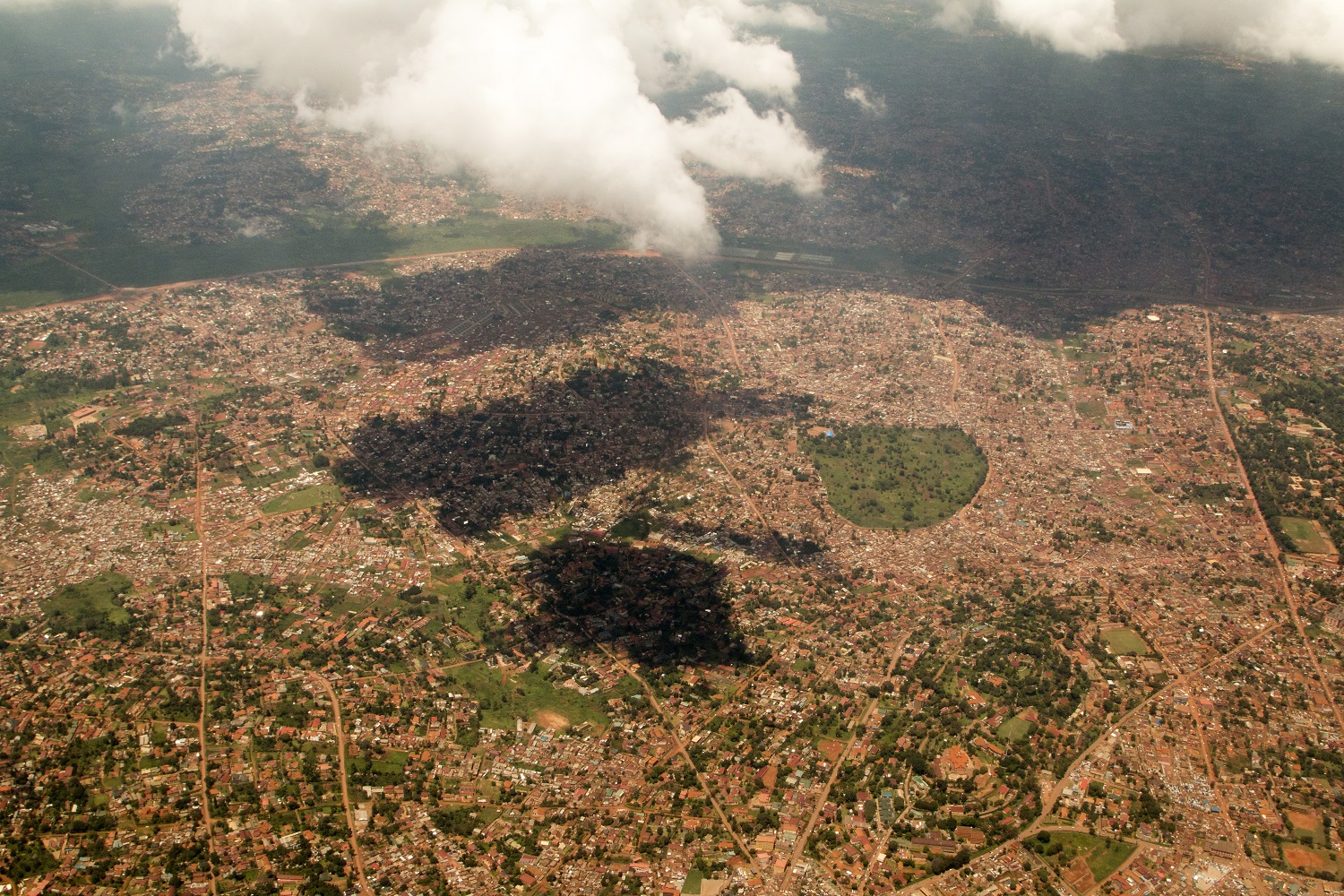
A good overview of the History of Uganda can be found on Wikipedia.
Before the Europeans arrived in the 19th century several civilisations rose, flourished and declined in the area we now know as Uganda. Traces of urban communities date back to the 10th century. In the 13th century a Northern race of pastoral farmers, the Bacwezis, overcame the indigenous Bantu people and established a thriving and sophisticated society around Lake Victoria.
The largest tribe were the Baganda who were ruled by a king known as the Kabaka. In 1877 British Protestant and French Roman Catholic missionaries arrived to find that Arab slave traders had already introduced the Kabaka to Islam. A power struggle ensued between the three groups, during that period a number of conerted page boys at the Kabakas court were martyred at Namugongo.
The blood of the Martyrs became the seed of the church.
1894 a British Protectorate was created for the kingdom of Buganda, and later extended to include the whole of present day Uganda.
Anglicans and Roman Catholics remain the dominant Christian influences while Islam is a significant presence. After independence in 1962 Ugandas history had been turbulent. A power struggle between the Kabaka and Milton Obote led to the exile of the former in the UK from 1966. Obote in turn was deposed by Idi Amin in 1971. Amin was welcomed, but disastrous economic policies, the expulsion of the Asian community and increasing use of terror marked his rule. In 1979 he too was overthrown with the help of the Tanzanians. Obote regained power, and if anything increased the atrocities, and in 1981 Yoweri Museveni slipped away into the bush and formed the National Resistance Army (NRA). For the next 5 years he led a guerilla war against the regime from a power base in the South and West of Uganda, finally toppling Obote in July 1986.
Many people died during this period, including large numbers in the infamous Luweero Triangle and the infrastructure of the country was all but destroyed.
Since 1986 Musevenis priority has been to restore the infrastructure and to develop a sense of national identity that transcends tribal loyalties. People are represented through Resistance Councils from village up to parliamentary level and party politics are discouraged as they can so easily become vehicles for tribal patronage and influence. Under Museveni there has been a great deal of reconstruction and some major triumphs such as the way in which they have openly tackled the issue of HIV and actually reduced the rate and spread of infection.
2007-8 has seen great strides made towards ending the Civil War in the North as Uganda seeks to make peace with the Lords Resistance Army and to take steps towards rehabilitating the many child soldiers who had been abducted.
2008-present day has been a period of comparative stability in the life of Uganda and has seen a huge surge in development. Houses and businesses are proliferating as a large middle class emerges. In recent years Uganda has become host to large numbers of refugees from the DRC, Rwanda, Burundi and Southern Sudan and is generally acknowledged to have one of the leading and most compassionate refugee programmes in the world.